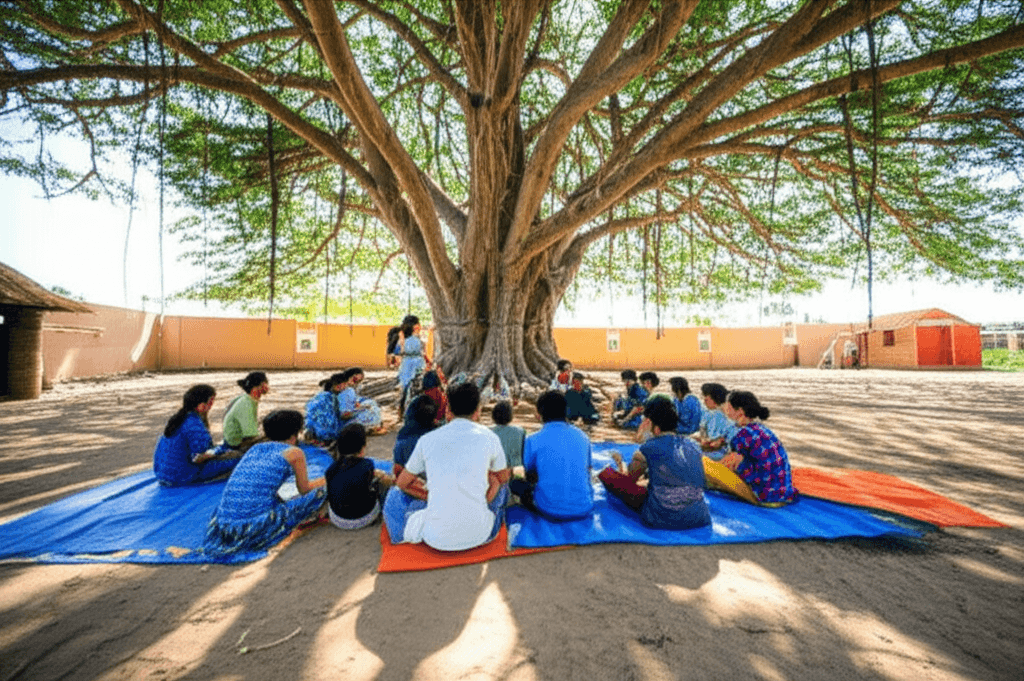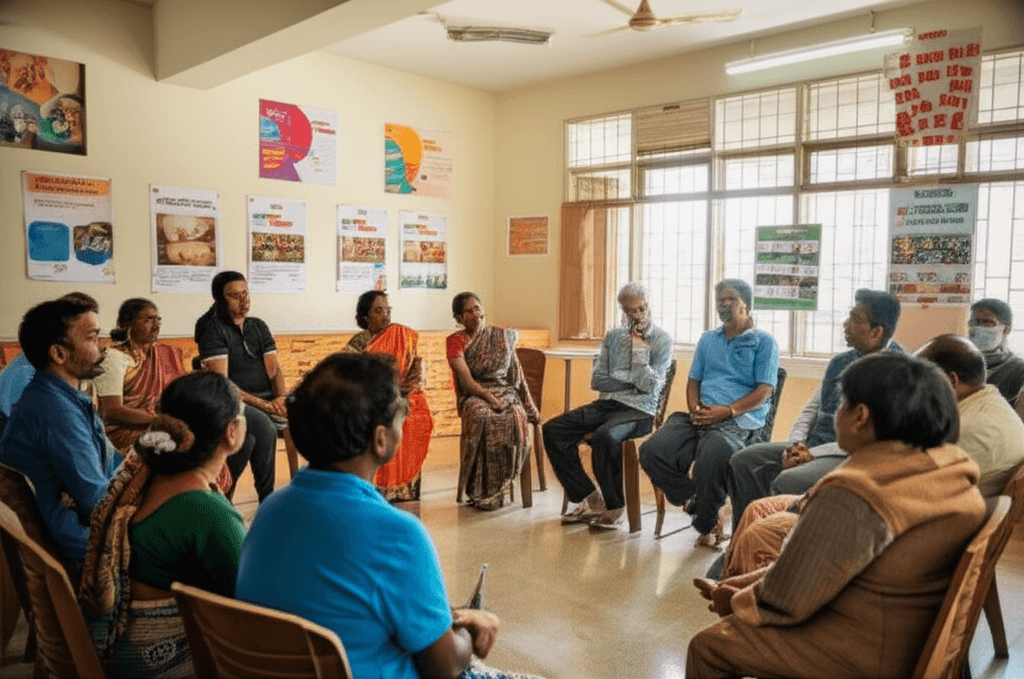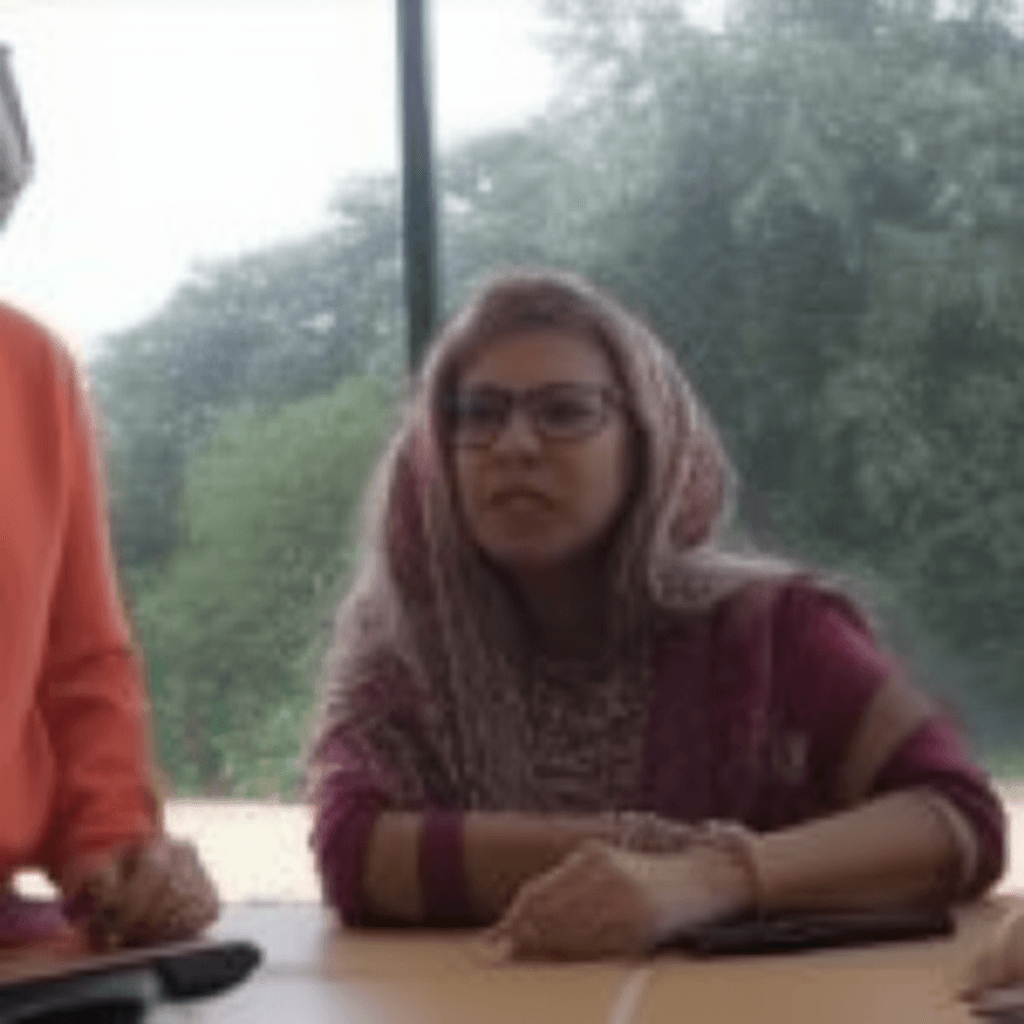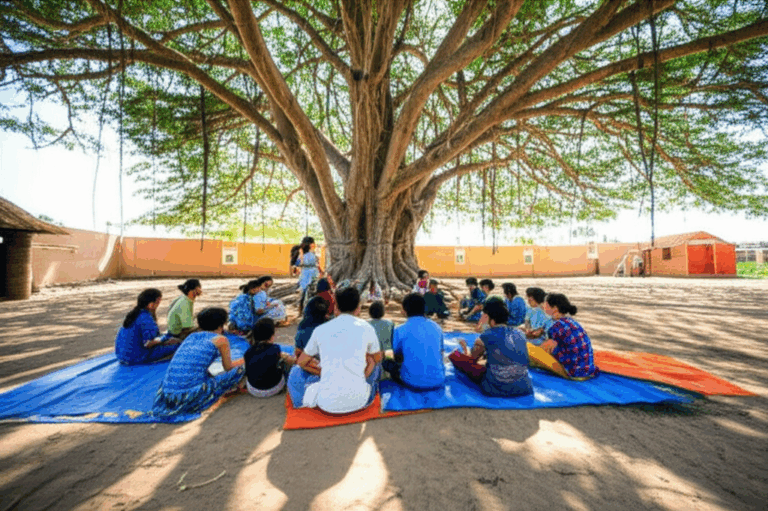India, a land of unparalleled diversity, grapples with a significant mental health burden, affecting millions across its vast population. Yet, the path to healing is often obstructed by deeply ingrained cultural beliefs, pervasive stigma, and a healthcare system that has historically struggled to adapt to the nation’s unique psychosocial fabric. To truly address this crisis, India needs mental health care that is not just accessible, but profoundly culturally relevant.

The Unique Landscape of Mental Health in India
The understanding and experience of mental health in India are heavily influenced by a complex interplay of social, cultural, religious, and economic factors. Unlike many Western societies, India’s collectivist culture often places the family at the center of an individual’s life, impacting how mental distress is perceived, expressed, and managed.
Pervasive Stigma and Misconceptions
One of the most formidable barriers to mental health care in India is the widespread stigma associated with mental illness. This stigma often stems from misconceptions, fear, and a lack of awareness, leading to discrimination and social exclusion for individuals experiencing mental health problems. Mental health issues are sometimes attributed to karma, divine punishment, or evil spirits, pushing individuals and families to seek help from spiritual healers rather than medical professionals. This fear of judgment can lead to silence, denial, and a significant delay in seeking professional help, with mental illness often concealed to avoid bringing shame to the family. The Mental Health Act of 2017 aims to reduce this social stigma, but its impact is still evolving.
The Role of Family and Community
In India, families are often the primary caregivers and the first source of support during tough times, providing emotional and practical help that can significantly aid recovery. Traditional joint families, common in India, are seen as a source of social and economic support and are known for their tolerance of deviant behavior, potentially mediating the course and outcome of major mental disorders by diffusing the burden among family members. However, this interdependence can also present challenges, as cultural norms might make it difficult to discuss mental health openly, and families may lack the knowledge or resources for effective support. Family members of those with mental illness can also experience “stigma by association,” leading to distress and burnout.
Traditional Healing Practices
Alongside modern medicine, traditional healing methods are widely utilized in India for managing mental illnesses, especially in rural and tribal areas where they are often the first point of contact due to accessibility and cost-effectiveness. Practices such as Ayurveda, yoga, and meditation, deeply rooted in India’s cultural heritage, are experiencing a resurgence in popularity. These ancient systems emphasize a holistic approach, aiming for a balance between mind, body, and spirit through herbal remedies, lifestyle adjustments, and spiritual practices. Religious healing centers, like temples and dargahs, also provide sanctuary for people seeking treatment for mental disturbances, viewing the individual as part of a community rather than in isolation.

Why Culturally Relevant Care Matters
Culturally relevant mental health care is paramount in India because it directly impacts the efficacy of interventions, patient trust, and overall accessibility. When mental health services fail to acknowledge and incorporate the unique cultural context of individuals, they risk being ineffective, misunderstood, and ultimately rejected.
Enhancing Accessibility and Trust
Services provided by local community workers, who understand the cultural nuances and speak local languages, can overcome significant barriers to care that centralized, Western-oriented facilities often face. Tailoring interventions to align with local cultural understandings of mental health and illness fosters trust and encourages help-seeking behavior among communities.
Improving Treatment Outcomes
Research indicates that cultural competence in mental health specialists leads to more effective patient relationships, boosts treatment compliance, and results in better medical outcomes. Conversely, applying Western models of psychiatric treatment without cultural adaptation can be inappropriate and less effective for Indian patients whose symptoms may reflect cultural traditions.
Addressing Stigma Effectively
Culturally sensitive approaches can more effectively address stigma by framing mental health discussions in ways that resonate with community values and beliefs, rather than inadvertently reinforcing negative stereotypes. Community-based programs that raise awareness and educate about mental illnesses in a culturally appropriate manner are crucial for reducing stigma.

Key Pillars of Culturally Relevant Mental Health Care
Building effective, culturally relevant mental health care in India requires a multi-faceted approach that respects tradition while integrating modern, evidence-based practices.
Integrating Traditional Healing Practices
Integrating traditional Indian healing methods, such as Ayurveda, yoga, and meditation, alongside conventional medical treatments, can provide a sense of cultural relevance and acceptance for individuals. Collaboration between traditional healers and biomedical practitioners is essential, though challenges exist due to a lack of regulatory frameworks. A harmonized system that draws upon the strengths of both approaches can benefit patients and communities, especially in underserved rural areas where traditional healers are often the first point of contact.
Training Culturally Competent Professionals
A critical need exists for training mental health professionals in cultural competency. This involves understanding how cultural factors such as family dynamics, social hierarchies, and religious beliefs influence individuals’ mental health experiences and help-seeking behaviors. Training programs should focus on effective cross-cultural communication, addressing stigma, and adapting therapeutic approaches to align with clients’ cultural contexts, including incorporating culturally relevant metaphors, symbols, rituals, and language. Currently, most Indian healthcare professionals receive minimal training in this field, and existing psychiatric models often rely on Western methods that may not be effective in the Indian context.
Community-Based Approaches and De-stigmatization
Community-based mental health care offers a promising, culturally relevant approach for India’s diverse population. These models focus on accessibility, inclusivity, and cultural sensitivity by involving local communities and leveraging existing resources like village health workers, local leaders, and peer support groups. Public awareness campaigns and educational initiatives, especially those involving youth, are vital for challenging prejudice and breaking the cycle of shame surrounding mental illness. Integrating mental health services into primary healthcare systems is also seen as a sustainable and effective model for countries with limited resources.
Language and Communication
Language barriers pose a significant cultural hurdle in accessing mental health care. Providing services in local languages and utilizing communication styles that resonate culturally are crucial for effective engagement and trust-building with patients. The lack of appropriate vocabulary or the use of stigmatizing terms in many Indian languages further highlights this challenge.
Family Involvement and Support Systems
Given the central role of family in Indian society, involving families meaningfully in all aspects of care is crucial. This includes educating family members about mental health, identifying symptoms, and supporting caregivers who often face psychological distress. Family interventions that provide information, support, knowledge, and specific suggestions for coping with mentally ill relatives can significantly improve outcomes. Studies show that family involvement in treatment leads to better outcomes for patients with depression and schizophrenia, including faster recovery and improved medication adherence.

Challenges and Opportunities
Despite significant progress in mental health policy and awareness, India still faces considerable challenges. These include a severe shortage of trained mental health professionals, inadequate infrastructure, especially in rural areas, and socioeconomic disparities that disproportionately affect vulnerable populations like women and tribal communities. The “treatment gap” for common mental disorders is estimated at 85%, highlighting the immense unmet need.
However, these challenges also present opportunities. The increasing recognition of mental health issues, driven by public figures sharing their struggles and the rising awareness among youth through digital platforms, is creating an environment ripe for change. Policy initiatives like the National Mental Health Programme (NMHP) and the National Mental Health Policy emphasize community-based care, rights protection, and multi-sectoral coordination. Task-shifting, which involves training primary care and community health workers to take on duties typically performed by specialists, is a promising strategy to bridge the treatment gap and expand services geographically.

Moving Forward: A Collaborative Approach
Building a truly culturally relevant mental health care system in India requires sustained effort and collaboration across various stakeholders. This includes government bodies, healthcare providers, traditional healers, community leaders, educators, and families. Prioritizing mental health in public discourse, investing in culturally competent training for professionals, and integrating traditional practices with modern medicine are all critical steps. By fostering an environment where mental health is understood, destigmatized, and treated with respect for India’s rich cultural tapestry, the nation can move towards a future of improved well-being for all its citizens.







